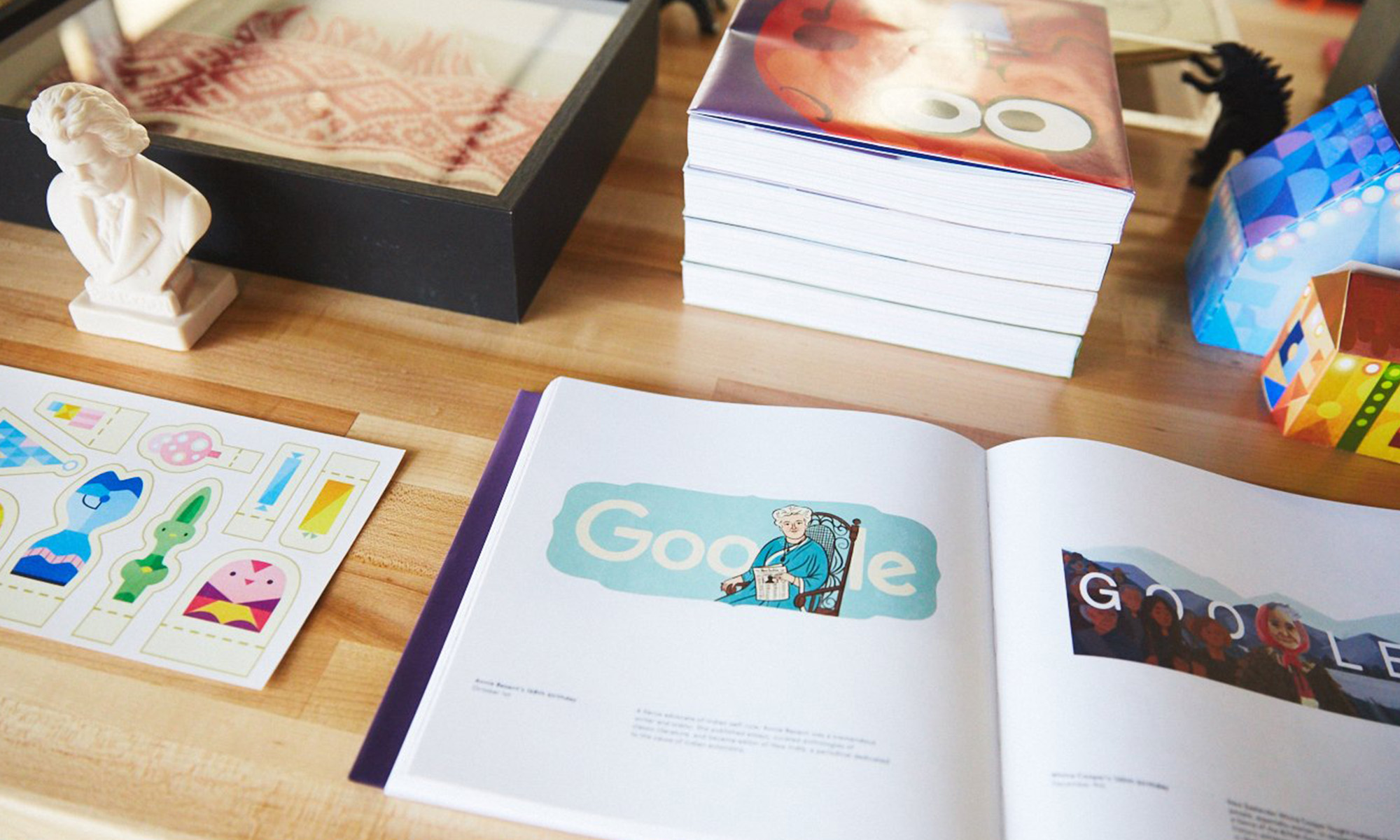Even as smartphone maker HTC is entangled in the fight for its life, with everything riding on its new One flagship, the struggling company has quietly delivered on an important front where Google (GOOG 0.08%) famously failed: offering an unlocked Android flagship carrying LTE.
When Google launched its Nexus 4 last year, the biggest omission was that it only officially supported HSPA+ and was missing LTE connectivity (there was a hack to enable it with limited frequency band support and some performance trade-offs that was subsequently blocked via a software update). The omission of official LTE was a tough but necessary decision on Google's part, in part due to its broader strategy with the Nexus 4.
Google wanted a single model that could target a wide range of geographical markets internationally, while saving on costs in order to offer low unsubsidized price points, all while bypassing carrier politics and selling directly to consumers. Those aspects shut out the possibility of LTE. How is HTC now offering its LTE-equipped One flagship unlocked?

HTC One. Source: HTC.
The Taiwanese company is selling its device unlocked directly on its website, which starts at $575 for an unsubsidized 32 GB model, which is cheaper than what AT&T (T +1.00%) is charging for an unsubsidized model off contract. Since prospective buyers are purchasing directly from HTC, there are no carrier software modifications (HTC still adds its own, though). Users will also get software updates via HTC instead of AT&T.
To be clear, this is the exact same model that AT&T offers, just without carrier strings attached. It's compatible with all the same frequency bands, and will only work on AT&T and T-Mobile in the U.S. In many ways, HTC offering this device undermines its relationship with the carrier.
Unlike Google, HTC already manufactured a model tailored specifically for the U.S. market, which emphasizes LTE as a headline feature (there's also an international version of the One). That meant it was very little effort to simply offer the AT&T model unlocked, so long as it had the gumption to risk alienating Ma Bell.
Apple (AAPL +0.59%) has long offered unlocked iPhones in the U.S. to consumers willing to pay full retail price, but Apple's always carried enough weight to do its own thing (including vetoing pre-installed carrier software). Besides, much like the One, the unlocked iPhone model is a GSM device only compatible with AT&T and T-Mobile, so there's still limited carrier choice.
At this point, HTC needs to take disruptive risks. Most of its sales for that model will still come from AT&T's distribution channels, but it's still meaningful for an Android OEM to quietly accomplish what Google wouldn't.








